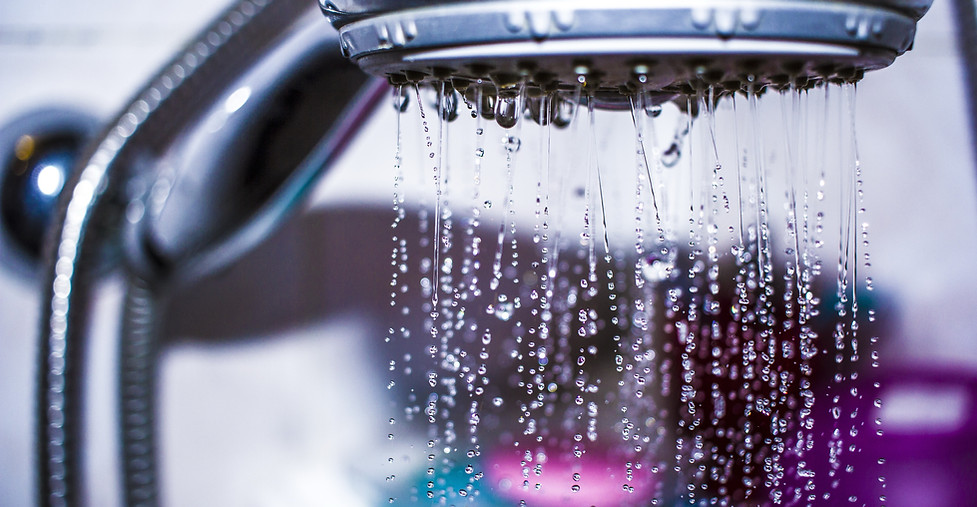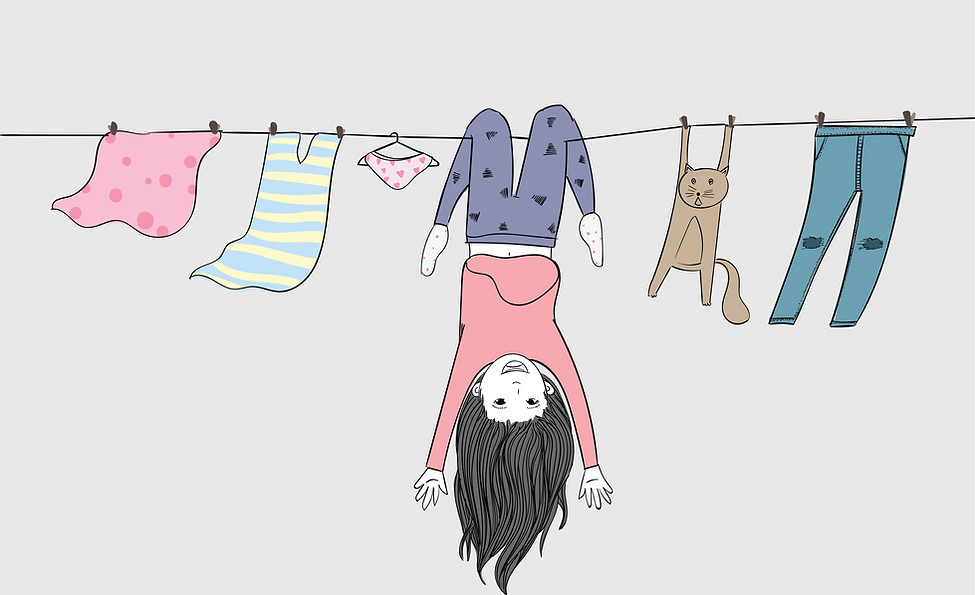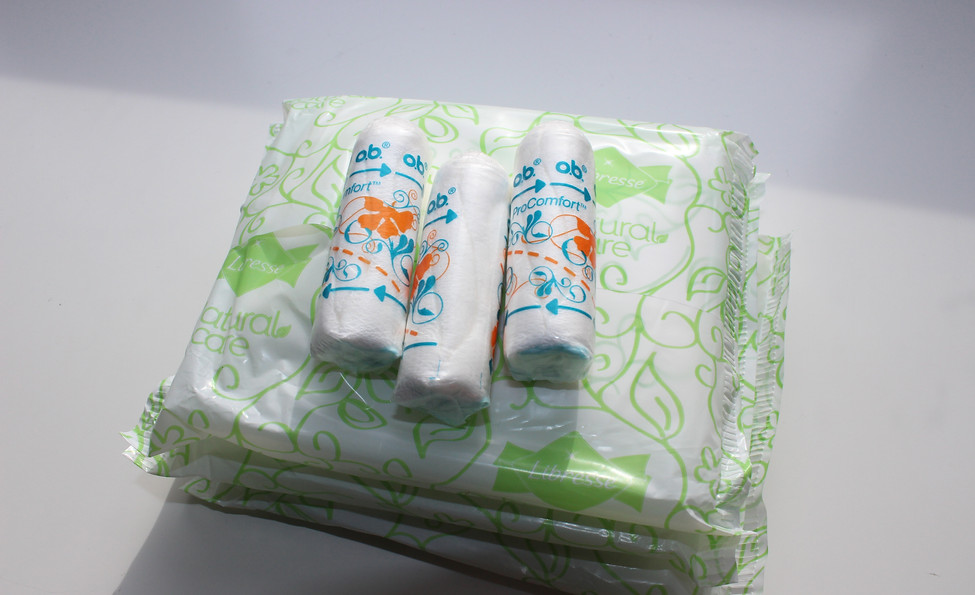Maintaining good personal hygiene is essential for overall health and wellbeing.
Why is it important?
Good personal hygiene is vital for young people for several reasons:
- Maintaining overall health: Good personal hygiene habits such as washing hands, brushing teeth, and showering regularly can help prevent the spread of germs and illnesses.
- Boosting self-confidence: Good personal hygiene can help you feel more confident and comfortable in your own skin. This can help you build positive relationships with others and feel better about yourself.
- Preventing unpleasant odours: Proper hygiene practices can help prevent bad breath, body odour, and other unpleasant smells that can make social situations uncomfortable.
- Preventing skin problems: Good personal hygiene can help prevent skin problems such as acne, rashes, and infections.
- Promoting good habits: Developing good personal hygiene habits as a young person can help you maintain these habits throughout life, leading to a healthier lifestyle overall.
Here are some tips for young people to maintain good personal hygiene.
- Wash your hands: Frequent hand washing is one of the most effective ways to prevent the spread of germs. It would be best to wash your hands frequently, especially before eating or touching your face.

Maintaining good personal hygiene is essential for overall health and wellbeing. By practising good hygiene habits, young people can prevent the spread of germs, avoid infections, and feel confident and comfortable in their own skin.
- Shower or bathe regularly: Regular bathing is important for maintaining personal hygiene. You should shower or bathe daily or as often as needed.
- Brush and floss your teeth: Good dental hygiene is important for overall health. It would be best to brush your teeth twice daily and floss daily.
- Wear clean clothes: Wearing clean clothes is essential for personal hygiene. You should wash your clothes regularly and avoid wearing dirty or sweaty clothes for extended periods of time.

- Take care of your hair and nails: Hair and nails can collect dirt and oils, so keeping them clean is important. You should wash your hair regularly and avoid sharing combs or hairbrushes. Clean, trimmed nails are important for personal hygiene. Keep your nails clean and trimmed to avoid biting or picking at them.
- Practice safe sex: Practicing safe sex is important for both personal hygiene and overall health. You should use protection during sexual activity to prevent the spreading of sexually transmitted infections (STIs).
- Manage menstruation: For young people who menstruate, managing menstruation is important for personal hygiene. You should change your menstrual products regularly and wash your hands before and after handling menstrual products.

Written and reviewed by
Dr Omolayo Anjorin (MBBS, MSc, PhD (in view)
Dr MaryJane Nweje (MBBS, MSc)
Sources:
- Image 1 by 3403909 on Pixabay
- Image 2 by Piyapong Saydaung
- Image 3 by SouthernSun on Pixabay

